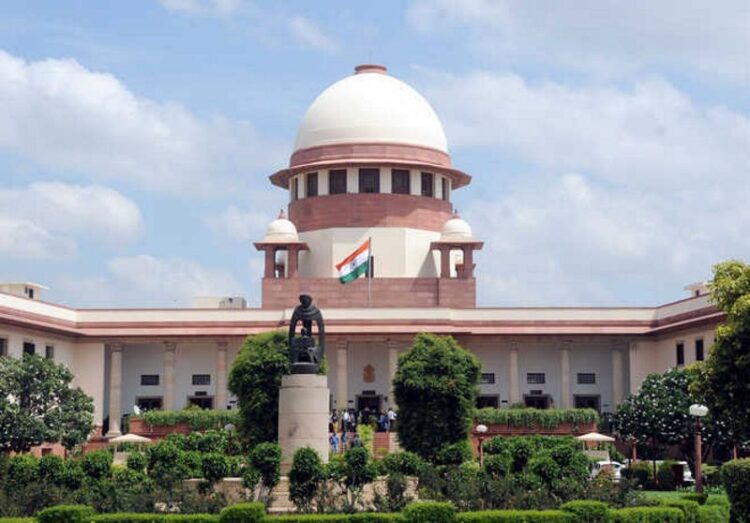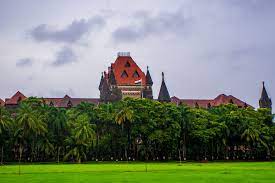bonded assistance
The last ten years have seen a growing focus on the relationship between politics and business in India’s political economy. Though these relationships date back to the neo-liberal economic reforms of the early 1990s, the Supreme Court’s decision to strike down the electoral bond system as unlawful in 2014 has shed significant light on the relationship developed by the new elites.

Large corporations and right-wing ideology have grown at the same time, creating a crossroads between business and cultural nationalism that, supported by significant institutional weight, has fundamentally altered the political terrain.
The most advantageous party in this arrangement is the BJP, which is in power. Although not the only party to get funding this way, it has profited the most from electoral bonds. Through this questionable arrangement, substantial financing has also been given to other parties. But an opaque system of party fundraising was established and made official by the BJP.
Businesses have been fierce allies of Prime Minister Narendra Modi and his administration. Even before his party put out a candidacy for prime minister in 2013, they had already begun to promote him. A recent survey of CEOs revealed that a large majority of them were in favor of the present system.
Large corporations and businesses have prospered under this government’s leadership, as seen by the drafting of several pieces of legislation intended to support them. It has generously given tax breaks, concessions, and debt write-offs to huge defaulters to the business sector by using its financial and budgetary authority. About six years ago, the business community gave the governing party a significant donation of electoral bonds.
The Supreme Court was asked by significant trade associations, including the Confederation of Indian Industry, the Associated Chambers of Commerce and Industry of India, and the Federation of Indian Chambers of Commerce and Industry, to postpone disclosing the electoral bond unique identification numbers, which would show who paid whom. However, the court correctly declined to consider petitions regarding this matter.
Protecting donor privacy cannot guarantee transparency. Nevertheless, industry lobbyists and a number of public and private sector organizations, including the State Bank of India (SBI) and the Election Commission of India (ECI), have been working nonstop to obfuscate transparency, even after the highest court struck down the program as “manifestly arbitrary.”
Following considerable hesitation, the SBI sent the ECI the electoral bond data, which it then posted on its website. Among them are the distinctive numbers affixed to the bonds, which provide information accessible to the general public to link bond buyers and redeemers. Even in the absence of these specifics, however, it was evident that this program had made corruption lawful, notwithstanding the government’s ongoing war on corruption and black money.
The disclosures have led to the emergence of four major themes: protection from government or agency action, extortion, quid pro quo, and the improper use of shell corporations to finance parties.
Numerous central authorities are looking into a few of the bond contributors. Numerous businesses that were subject to regulatory action bought electoral bonds, contributing large amounts of money to the BJP. Major payments to the Saffron Party are allegedly connected to ED raids; these donations are said to have been made out of fear or menace, in exchange for lucrative commercial contracts or the guarantee that, upon making a large gift, they would operate beneath the protected shield of the state machinery. The purpose of the quid pro quo agreements between bond buyers and redeemers was to benefit the governing party and provide financial assistance to its supporters.
One of the largest schemes to legalize political corruption is the electoral bond program. A number of corruption accusations in the past were based on unsubstantiated claims. However, there is enough proof in this instance of pay-for-play agreements between the businesses under investigation and the buyers and receivers of the electoral bonds that create the benefit trail.
But the issue of electoral bonds is far more complex than the issues surrounding campaign funding and corruption. This is an example of full-fledged crony capitalism, where one party is utilizing the government to support and hold onto power.
The government’s decision to modify laws in favor of major firms and wealthy individuals would have detrimental effects on the economy and politics as a whole, given their blatant contempt for the interests of the general populace. Rather of purging electoral funding, the government and corporate elites have used the plan to enrich themselves.
By doing this, crony capitalism has ultimately resulted in an even greater divide between the affluent and the poor, who still struggle to make ends meet and get adequate healthcare and education due to underinvestment.
Ultimately, electoral bonds have weakened democracy by creating an unbalanced political system that gives one party access to a disproportionate amount of money and knowledge relative to the other parties. Of the Rs 16,492 crore redeemed via bonds, the BJP collected Rs 8,252 crore, or half the total amount of bonds issued since 2018. Furthermore, it was awarded almost
Parties received contributions of Rs 5,000 crore out of a total of Rs 7,726 crore in non-electoral bonds between 2013 and 2023. The BJP’s growing wealth is a sign of how unfair the voting system is, which obviously undermines democracy and the institutions that oversee it.







